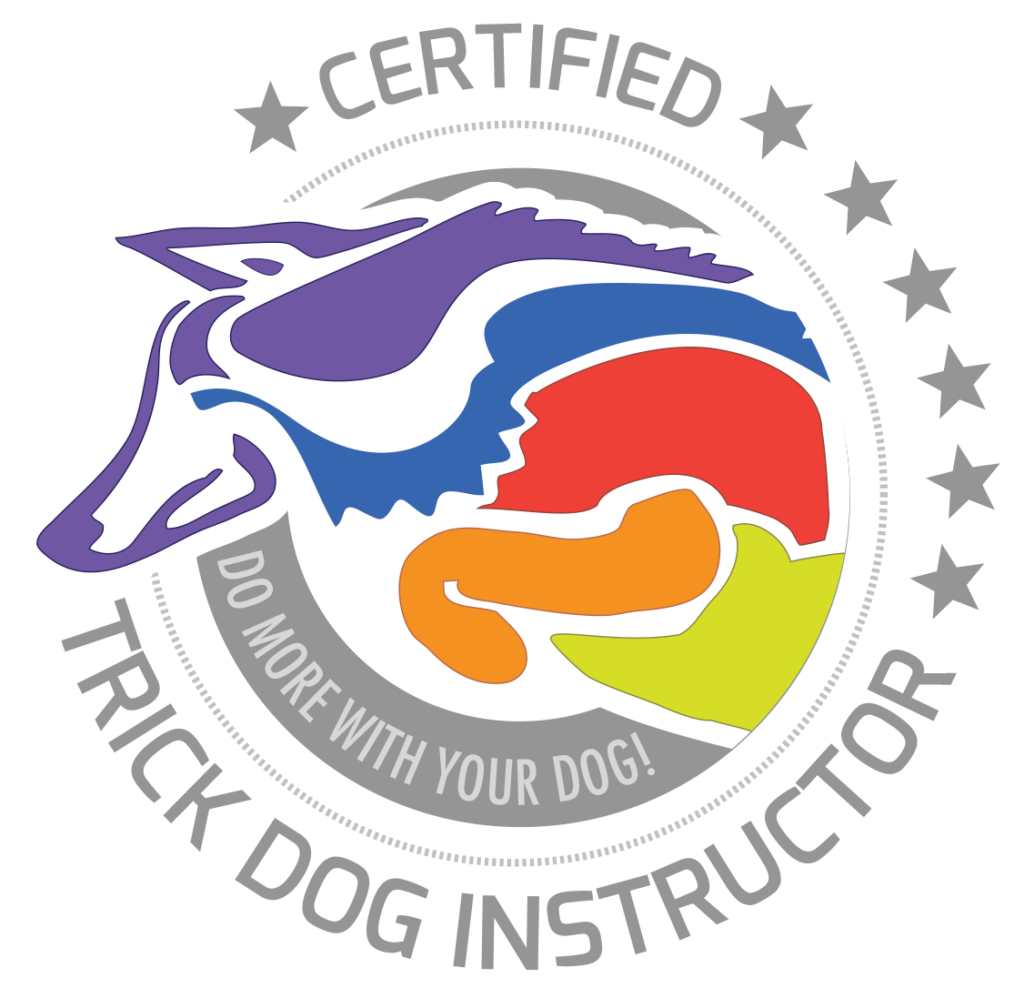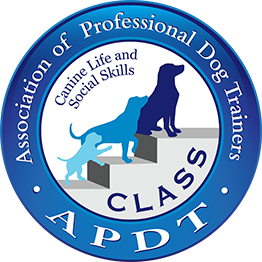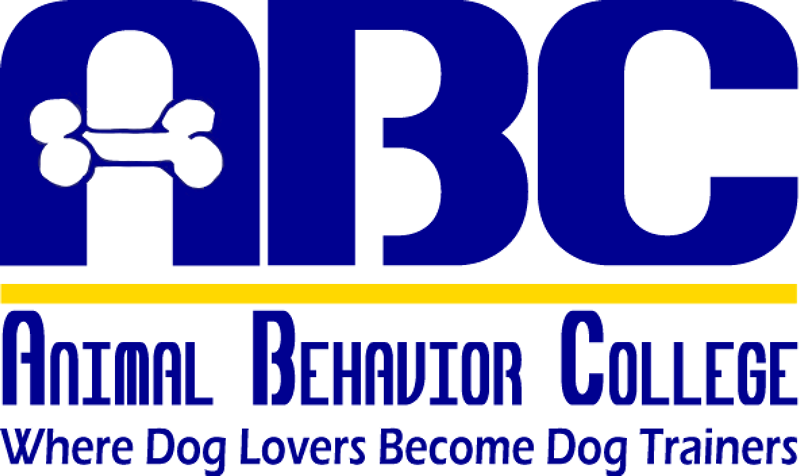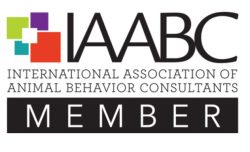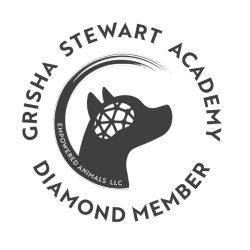Professional dog trainer check list
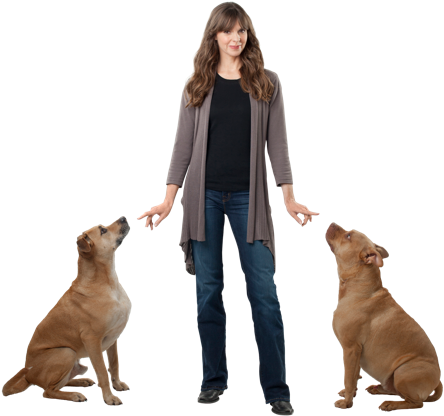
I Wuff You® Dog Training thrives to give you the best training experience and service satisfaction. We proudly stand by and endorse the position statement of the American Veterinary Society of Animal Behavior. Here are some important guidelines on how to choose a dog trainer so you and your dog can have a great experience.
“Choosing a dog trainer can be one of the most important decisions that you make in your dog’s life. The techniques that a trainer uses can strongly affect how you interact with your dog for years to come. Therefore, it is very important to choose your trainer wisely. Here are some guidelines to help you choose the right dog trainer. Remember, training should also be a fun experience for both you and your dog.”
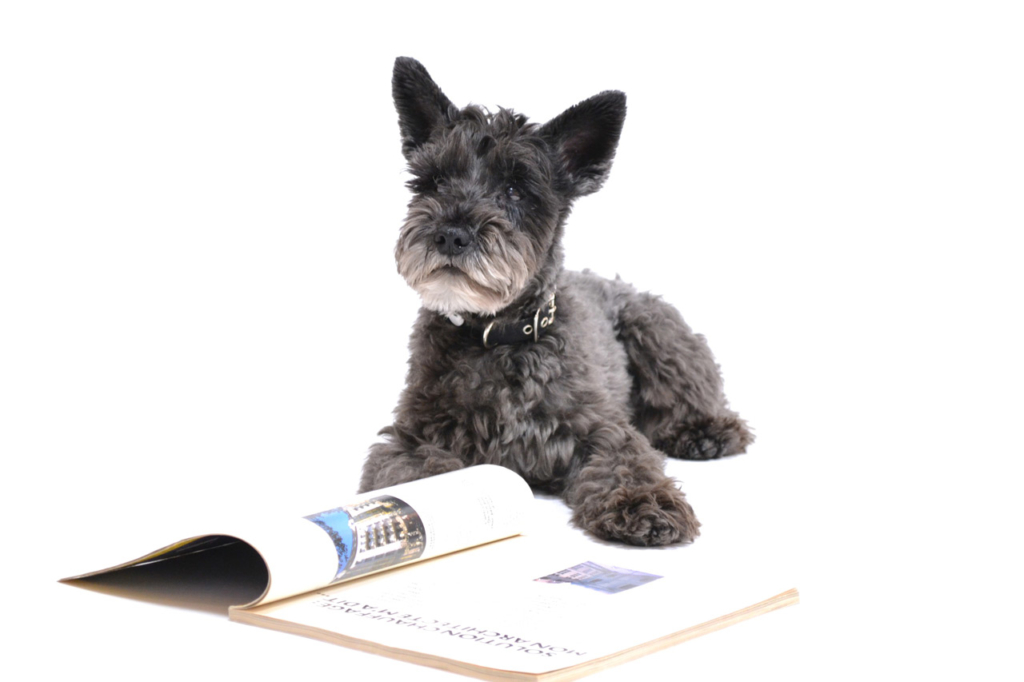
1. Trainer uses a reward-based method
Choose a dog trainer who uses primarily or only reward-based training. This is a type of training that allows your dog to work for things that motivate them best. For example, these can be: food, play, affection, walks, etc. So, it is to say, each dog has their own learning style and preferred motivators. Avoid any trainer who advocates methods of physical force that can harm your pet. Hanging dogs by their collars or hitting them with their hands, feet or leashes, are some examples.
2. Trainer doesn’t use punishment as a general approach
General use of punishment assumes that animals always know exactly what humans expect of them and they willfully disobey. In fact, people have accidentally reinforced the wrong behaviors or have not communicated clearly to the dog. No dog or student wants to be in a situation where they have to constantly be afraid of making a mistake.
Research shows that dogs do not need to be physically punished to learn how to behave. There are significant risks associated with using punishment. Such methods inhibit learning, increase fear and/or stimulate aggressive events. Therefore, trainers who routinely use choke collars, pinch collars, shock collars and other methods of physical punishment as a primary training method should be avoided when choosing a dog trainer.
3. Trainer is a good teacher
A good instructor explains what behavior they are training, why it is important and then show it. In other words, they should provide clients plenty of time to practice and individually help them. Furthermore, a good trainer should be able to adapt their training methods to each individual dog. In addition, a class size should be small to ensure individual attention.
4. Trainer has an educational qualification and takes part in continuing education
Choose a dog trainer who demonstrates continual self-education. That is to say, a conscientious trainer will keep up-to-date with new training theories and methods and may attend workshops and conferences.
5. The trainer is respectful
A good trainer should be personable and respectful to both you and your dog. Therefore, avoid trainers who recommend using physical force as an acceptable way to train. These methods shouldn’t be use as a primary and acceptable way of training.
6. You must feel comfortable with your trainer and their methods
You should feel comfortable doing whatever it is that the trainer asks you to do with your dog. If you believe that will cause you or your dog undue harm or distress, ask them to explain why they recommend that technique, what the potential drawbacks of the technique are and how these will be addressed should they occur. Alternatively, you could ask for another option.
7. Problem behaviors
When dealing with problem behaviors, such as biting and fighting, destructiveness, etc. a good trainer should feel comfortable collaborating with your veterinarian and should know when to seek help from other professionals. Many behavioral changes are caused by underlying physical problems, and a proficient trainer may ask you to visit your veterinarian for medical testing.
View AVSAB’s full statement on how to choose a dog trainer here. View AVSAB’s website here.
Read about our training methods here!
Certified Dog Trainers and Behavior Consultants Look Up
- Certified Professional Dog Trainer and Behavior Consultant Directory – Click HERE
2. American Kennel Club Approved Evaluators Directory – Click HERE
3. The Association of Professional Dog Trainers Directory – Click HERE
4. To learn more about dog trainer education programs – Click HERE

Dog Approved!


